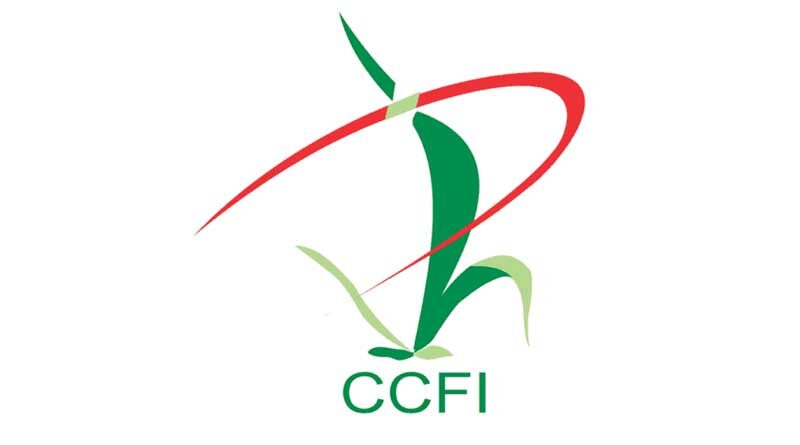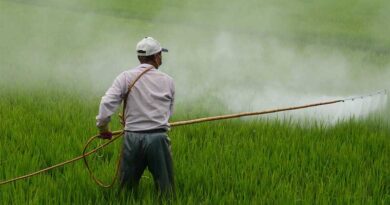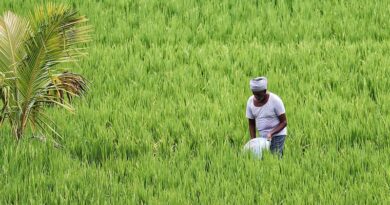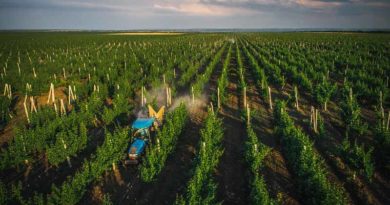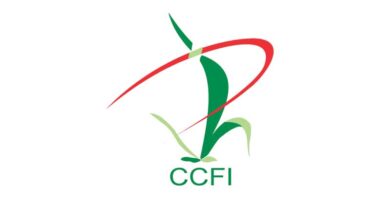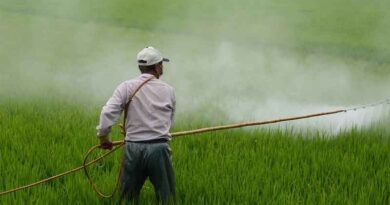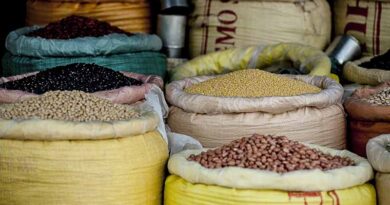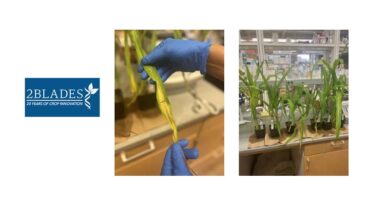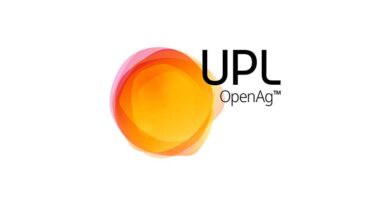CCFI defends 17 pesticides of 27 proposed to be banned by the Indian government
25 November 2021, New Delhi: The technical committee of Crop Care Federation of India (CCFI) has been pushing to defend 17 pesticides of 27 which are proposed to be banned as per the draft order released last year in May 2020.
CCFI has shared their concerns and propositions with Dr. T. P. Rajendran, heading the expert committee formed by the central government early this year in January 2021. The committee is likely to submit its final recommendations to the government by December 2021. The agrochemical industry is looking forward for a positive outcome.
The 17 molecules being defended by CCFI are the most widely used pesticides and majority products have no substitutes till date. All these listed pesticides are been used by the Indian farmers for last 40 years.
Insecticide
| 1 | Acephate |
| 2 | Benfuracarb |
| 3 | Chlorpyriphos |
| 4 | Dimethoate |
| 5 | Malathion |
| 6 | Monocrotophos |
| 7 | Quinalphos |
Herbicides
| 1 | Atrazine |
| 2 | 2,4-D |
| 3 | Diuron |
| 4 | Pendimethalin |
Fungicides
| 1 | Captan |
| 2 | Mancozeb |
| 3 | Thiophanate methyl |
| 4 | Thiram |
| 5 | Ziram |
| 6 | Zineb |
Dr. Ajit Kumar, Principal Technical Advisor, CCFI asserted that molecule like Mancozeb (Fungicide) is very important for domestic agrochemical industry. It is inconceivable to cultivate crops like Potato and Grapes without the use of Mancozeb. The proposed ban on the key product Mancozeb itself will kill 18 other final products in the market which have Mancozeb.
CCFI took up this issue molecule by molecule and furnished desired additional information to expert committee and Ministry of Agriculture, giving technical, commercial and logical argument in defence of these 17 molecules. The industry body was of the view that pest incidences, area under cultivation under different crops , weather and climatic conditions, food security needs and socio economic conditions play a vital role in any decision making.
These molecules in India have been used extensively for over decades after being approved by Central Insecticide Board and Registration Committee (CIB & RC) with no risks to humans and animals. The molecules are being used widely for crop protection, large scale locust control, termite control, construction activities across India. Most of them are established generic molecules and are efficacious, cost effective and well accepted by the farming community.
Harish Mehta, Senior advisor, CCFI mentioned, “The proposed ban was not based on any scientific, rationale or cogent basis but on misconceived and unsubstantially created notions being influenced by data borrowed from the website of the NGOs without any independent scientific investigation and evaluation. These 27 molecules have over 130 formulations and combinations. The ban would jeopardize business of approx. Rs. 15,500 Cr. in the domestic market and exports”
Several counter points like banning of molecules in another country, availability of alternative, etc. cannot become the basis for an automatic ban of the molecules in India. Even FAO guidelines advice each country to consider their own peculiar condition for deciding whether or not to allow a molecule to be used. It is worth noting that newer molecules are 2.5 times more expensive than the generics proposed to be banned.
The industry body hopes that the expert committee will keep in view the capability and capacity of the indigenous industry and their commitment for “Make in India” towards “Atmanirbhar Bharat” before submitting their report to the government.
https://www.en.krishakjagat.org/crop-protection/exclusive-why-is-mancozeb-important-for-upl/

